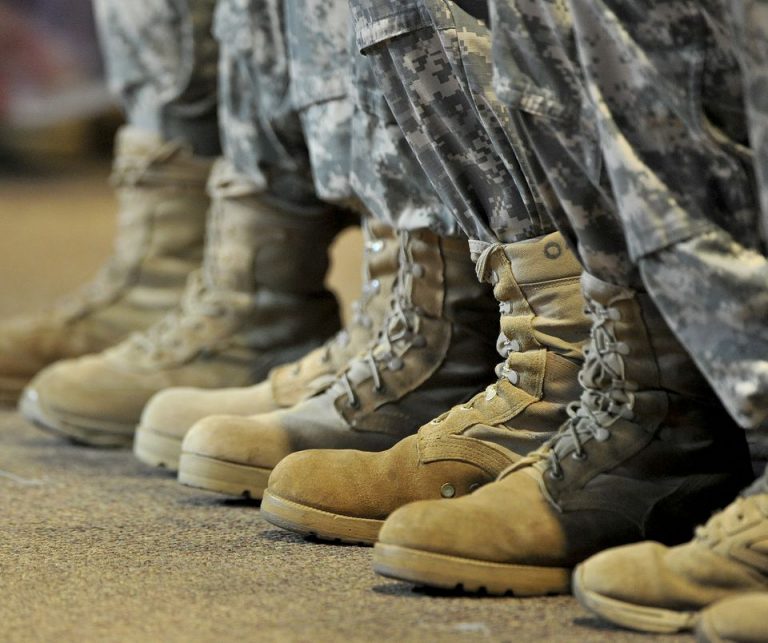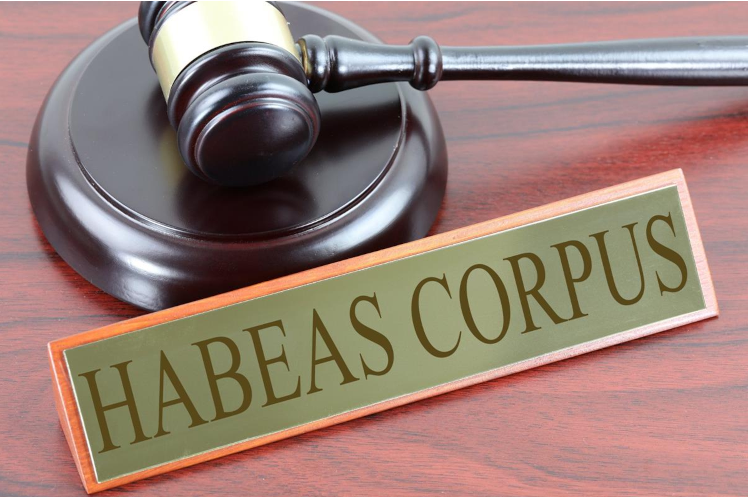This past weekend, the Trump administration took the extraordinary step of deploying the National Guard and U.S. Marines to Los Angeles without a request from state or local authorities. The move, unprecedented in modern American history, represents a troubling violation of both federal law and the constitutional balance of power between state and federal governments. In bypassing California Governor Gavin Newsom and local officials, the Trump administration has undermined the legal framework that governs domestic military involvement and challenged state sovereignty as never before.
Federal law is clear on this issue. 10 U.S.C. § 12406 authorizes the President to call up the National Guard only under specific conditions, including insurrection or obstruction of law that prevents enforcement of federal authority. Even then, the law stipulates that the President must work in coordination with the states. Most notably, it requires that the Governor consent to the federalization of the National Guard unless one of those rare, extreme conditions applies. In this instance, no such consent was requested from or given by Governor Newsom. California was not facing a breakdown in law enforcement capacity, nor was there evidence of rebellion or an emergency beyond the capabilities of state authorities to appropriately handle.
Governor Newsom, as Commander-in-Chief of the California National Guard, has the constitutional authority to deploy the Guard within the state as needed. The President’s unilateral action usurped that role, violating both statutory law and the foundational principle of state sovereignty. By acting without the governor’s consent, the Trump administration disrupted the chain of command, stripped the state of control over its own military resources, and intentionally confused the public as to the federal authority to challenge this essential state right.
The alarming fact that neither the Governor of California nor Los Angeles officials requested assistance, suggests that this federal intervention is politically motivated rather than based on objective assessments of public safety. This deployment of federal military troops serves only to escalate tensions and undermine community trust. This move by the Trump administration raises questions about the use of military force on U.S. soil against its own citizens.
Historically, such deployments have occurred only in extreme circumstances—and almost always in coordination with local and state officials. The last time federal troops entered Los Angeles was at the request of then Governor Pete Wilson when the city erupted in 1992 over the acquittal of the police officers who had been videotaped beating Rodney King, a black man who had been arrested for evading the police. Notably, that response included close cooperation with state authorities.
The last time a National Guard deployment was called without a state’s request was in 1965 when President Lyndon Johnson sent in troops to safeguard civil rights protesters in their march from Selma to Montgomery – only after the governor of Alabama refused to afford protection.
And never in this country has a branch of the United States military been deployed to a state without the support of the state’s leadership.
This incident is not just a breach of protocol—it is a test of democratic norms. If left unchallenged, it sets a precedent in which the federal executive can override state authority at will, deploying military force into American cities without consent or oversight. Such a precedent threatens not only the autonomy of individual states but the integrity of the republic itself.
The deployment this weekend must be scrutinized not just for what it did, but for what it implies: a shift toward centralized executive power unchecked by law or tradition. That is something no American—regardless of political affiliation—should accept without alarm.



